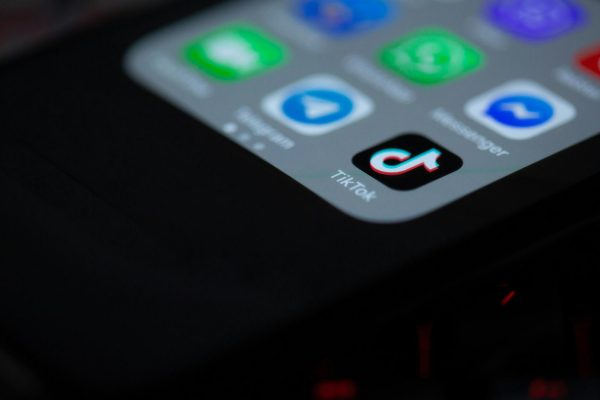World Outside of Wilmington: The next ISIL
In a nation that is consistently reminded of why we should garner disdain for the Middle East, the terror present in Africa seems to be forgotten. The Paris attacks by ISIL (Islamic State of Iraq and the Levant) swept the nation in 2015, but rarely are there talks of the Nigerian religious militant group, Boko Haram.
For most Americans, Boko Haram is an unheard of term. Many are not aware that they’ve been found to be more lethal than ISIL.
According to the Global Terrorism Index, Boko Haram is considered to be one of the world’s deadliest terror groups, increasing their attributed deaths by over 300 percent last year. The group pledged its allegiance to ISIL as of last year and has since been on the continual rise of sophisticated terror tactics and seizure of Nigerian land.
In the federal republic of Nigeria, Boko Haram has been fighting against the acceptance of westernization. Their name, which generally translates to “Western education is a sin,” is principle in their jihadist movement. They call upon reform to their government’s secular democratic rule as they push for legitimacy in their strict, Islamic agenda.
We consider ourselves a country based on morals. So, how is it that America, who is strongly set in “the war against terror,” has made the fight almost virtually exclusive to terror only committed by Middle Easterners?
As Boko Haram continues to burn down villages, slaughter college students and kidnap schoolgirls, their presence and threat will only rise. President Muhammadu Buhari is struggling under the pressure of his country and citizens’ wellbeing, and the US must act in unity with him.
After previous decisions to deny supplying weapons to Nigeria, America has faced triggering criticism and circumstances leading to the collaboration of removing Boko Haram.
Pledging to support Nigeria in their fight against this bloody terror, the US is rumored to bring special operations advisors to the front lines and deploy drones alongside Nigerian governmental troops.
For America, we must remain focused on fighting for universal human security. Our national responsibilities should hold just as much value as our words and compassion for the global community. It will take leaders, media and most importantly, the public, to declare unification in this fight for humanity.











